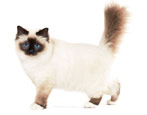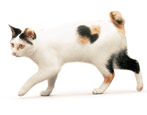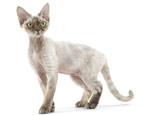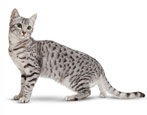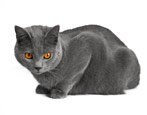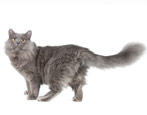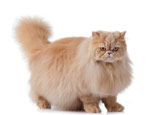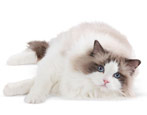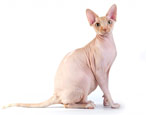Sterilization and neutering of British cats and cats
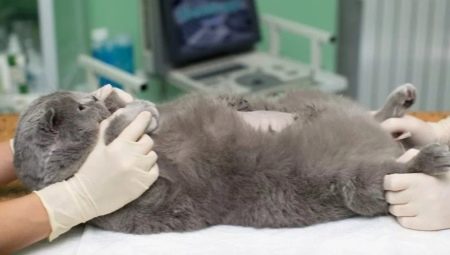
It's no secret that cats are quite fertile. Representatives of the British breed were no exception. As soon as the family's favorite reaches puberty, the problems begin: heartbreaking "screams" at any time of the day for several days. And so more than once a year. It is also a completely pet's attempts to escape to find a mate. And, believe me, there is no way out to lock a loving individual at home.
Therefore, there is a need for procedures such as sterilization and castration. It will make you know that these are completely different things, but by people far from medicine, they are often used interchangeably.
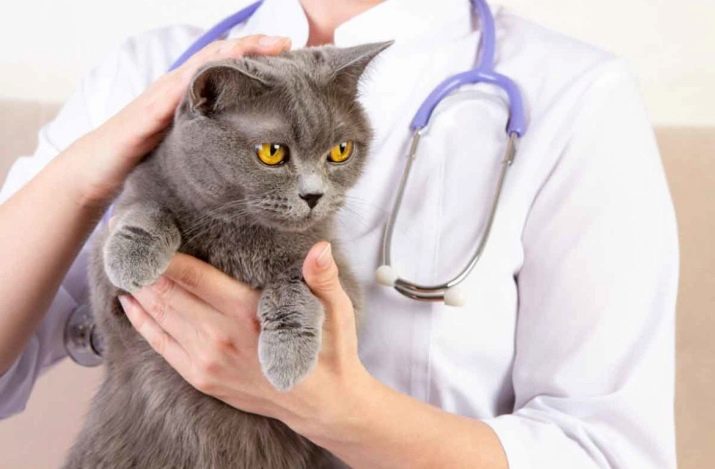
Objectives of the operation
The ultimate goal of this operation is:
- getting rid of an unpleasant odor - males and females during this period begin to mark their territory;
- increasing the lifespan of a pet - hormonal stress takes too much energy;
- the ability to prevent many diseases to which the cat breed is predisposed;
- improvement of character - cats and cats become affectionate and cheerful;
- no unwanted offspring.
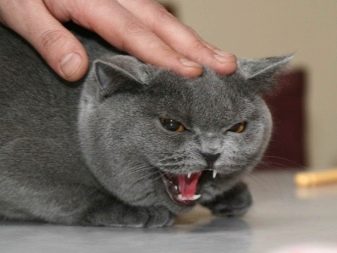
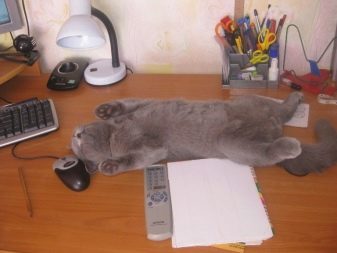
Preparing for surgery
Any operation is a serious load on the body not only of a person, but also of any living being. Therefore, it is necessary to prepare for such a test in advance in order to completely eliminate negative consequences. Below are the rules for preparing a kitten for the procedure. It should be noted that it is safest at an early age.
- Only an absolutely healthy pet should be brought to the veterinarian - with any malaise, there is a risk of complications.
- Do not forget to vaccinate the animal well in advance. With reduced immunity in the first days after surgery, there is a high probability of "catching" an infection.
- Removal of hormone-forming organs takes place under anesthesia. It is advisable to make sure in advance that the thoroughbred pet has no contraindications to it.
- Neutering cats during estrus can cause inflammation, which will further affect its health. It is better to do this before the next surge in sex hormones or somehow "survive" this period, and then go to the clinic.
- It is not recommended to feed the animals before the procedure for the last half day, but you can give water.
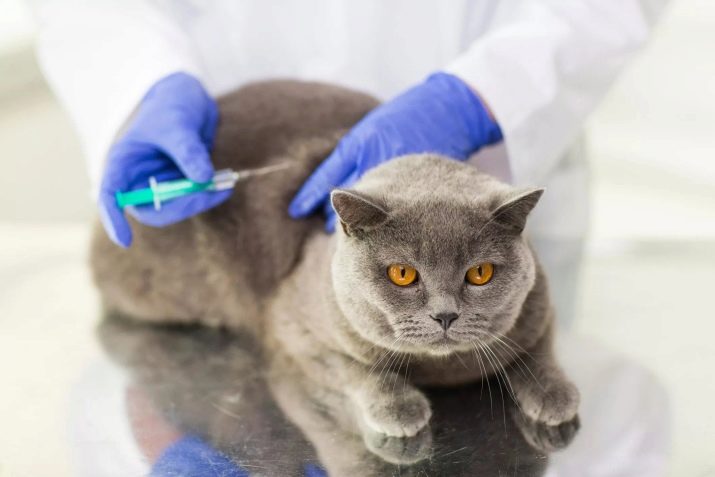
Sterilization of British cats
In veterinary terminology, sterilization means tubal ligation. The cat will not be able to bear offspring, in other words, it will not be able to get pregnant, but in all other respects it will remain a full-fledged female. She will also have periods of heat, hormonal surges, and other puberty-related problems. All this over time can lead to serious health problems for the British woman.
Castration is increasingly used, again based on the terms of veterinarians, although in everyday life it is still called sterilization. The difference between the two operations is significant:
- during castration of cats, the reproductive organs are removed - only the ovaries or together with the uterus;
- by simply sterilizing the female, all the organs are left in place.
It is the complete deprivation of the animal's reproductive organs, which are responsible for childbirth, that allows you to completely rid the body of all the "delights" of sexual desire. In addition, the absence of hormones makes it possible to significantly prolong the life of a pet and prevent the risk of cancer.
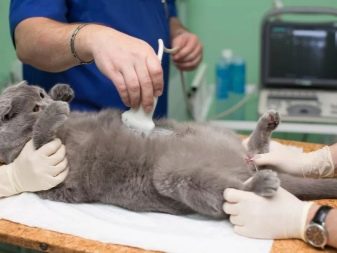
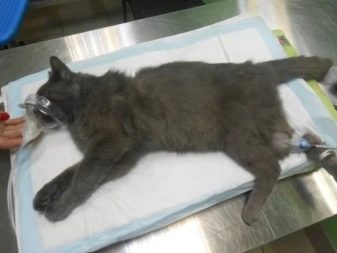
British cats are spayed between 7.5 months and one year of age. This period is considered the most favorable:
- the animal has already turned from a kitten into an adult, therefore, there will be no delays in growth and development in the postoperative period;
- it is easier for a young body to cope with the consequences of surgical intervention;
- a beauty at home quickly moves away from the transferred stress and begins to live a full life.
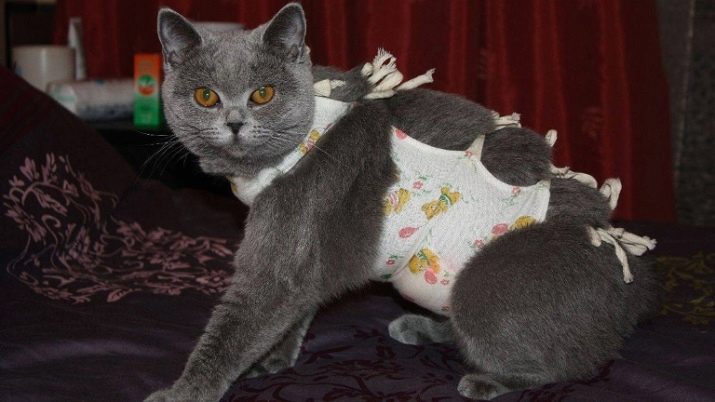
If you decide to sterilize your British pet, which is already 6 years old, then it is recommended that you first do all the tests and consult a veterinarian.
The postoperative period will be longer and additional care may be required. In addition, it will be necessary to undergo a second examination in order to exclude the development of complications.
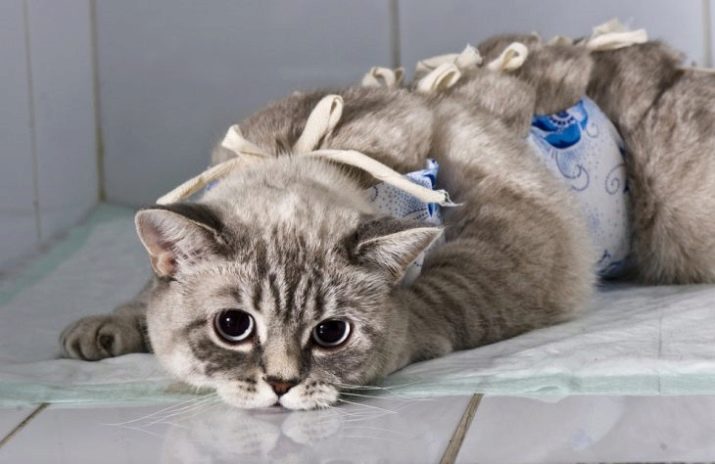
Castration of British boys
With the advent of a new pet in the house, if it is not connected with the profitable business of breeding purebred British, the owners begin to think about how to avoid the cat "tags". During puberty, British cats not only mark territory, but also behave very aggressively. Of course, the animal is not to blame for this - the natural instinct requires procreation.
Experts recommend not tormenting your pet, but simply performing an operation to remove the organs responsible for the formation of hormones. Like cats, males are also distinguished:
- sterilization - ligation of the spermatic cord, excluding the release of germ cells;
- castration - removal of the testicles.

The sterilized Briton is only deprived of the possibility of procreation, all other instincts and sexual desire remain with him. A neutered cat completely loses interest in females, becomes calm and affectionate, hormonal surges no longer bother him.
Veterinarians note that correctly performed castration increases the life of a thoroughbred pet by several years, and also completely eliminates the possibility of developing cancer.
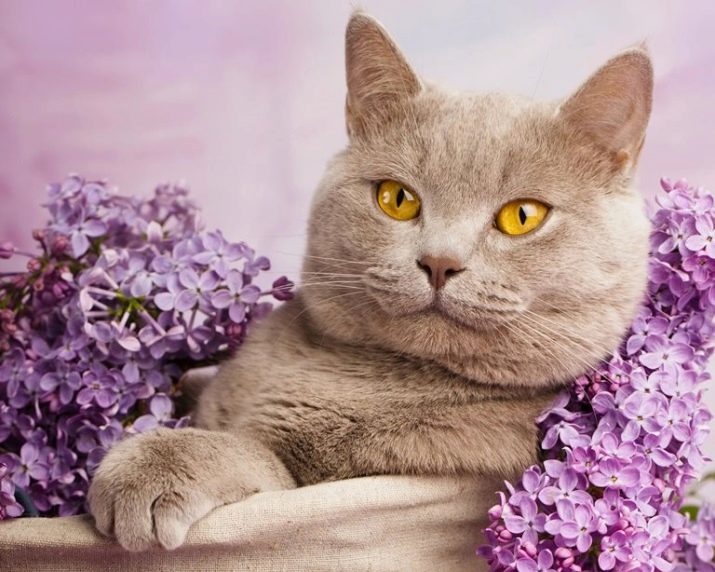
British cats are castrated when they reach the age of 7 months - this should not be done before, because:
- the body has not yet had time to get stronger - there is a period of intensive growth;
- the process of puberty is not yet complete.
It is advisable to carry out the operation up to a year - this is the most favorable period for the procedure:
- the young male will easily undergo anesthesia and will come to his senses in 10 minutes;
- the stitches will heal quickly and painlessly;
- the cat has not yet learned the joy of sexual pleasures, which means that it will not experience serious stress.
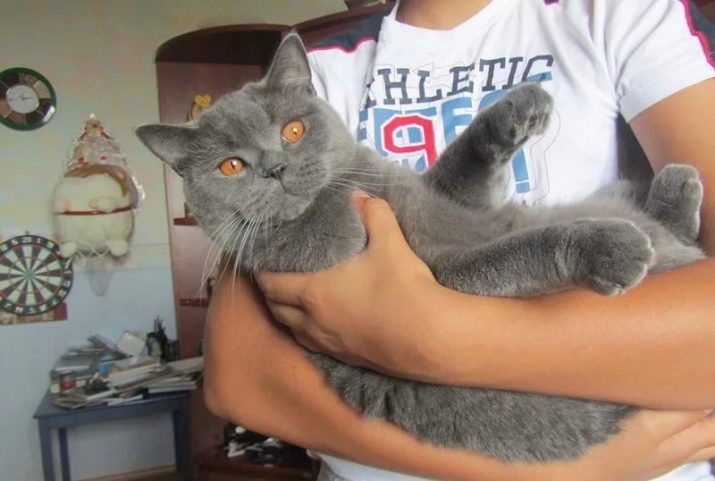
Of course, you can resort to surgery at a later age, but the older the animal, the more difficult and longer the postoperative period will be. Britons over 6 years old can only be castrated after consultation with specialists from a veterinary clinic and a thorough examination.
Nutrition
The British breed should be fed after surgery with a balanced diet rich in vitamins and minerals. The cessation of the production of hormones provokes a metabolic disorder in the body, as a result of which animals are able to quickly gain weight. To stop this process, it is recommended to strictly adhere to the diet and established norms.
Many pet food manufacturers have developed a diet specifically for neutered and neutered cats. They contain the minimum amount of calories, while they do not lose their beneficial properties. In addition, they contain ingredients for the prevention of urolithiasis. This is very important, since after the operation, the urinary tract in British thoroughbreds narrows, and the risk of kidney and ureteral stones increases many times over.
You can choose not only premium dry food for feeding, but also a diet based on natural food. It's never too late to transfer your pet from one type of food to another.
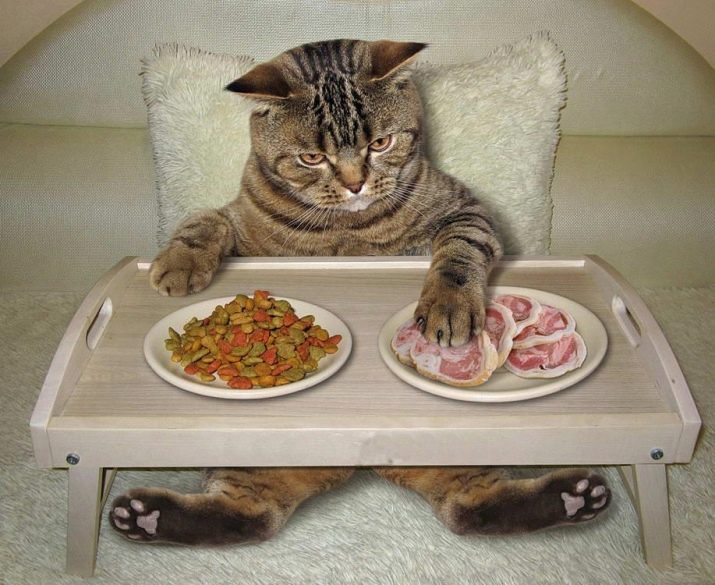
Dry food
Choice and rules of feeding:
- you should choose food not only for the operated individuals, but also specifically for the British breed;
- before choosing, it is advisable to consult with an experienced veterinarian;
- frequency: no more than 3 times a day in small portions, adhering to the norm indicated by the manufacturer on the package;
- with such a diet, clean water in animals should always be present in sufficient quantities.
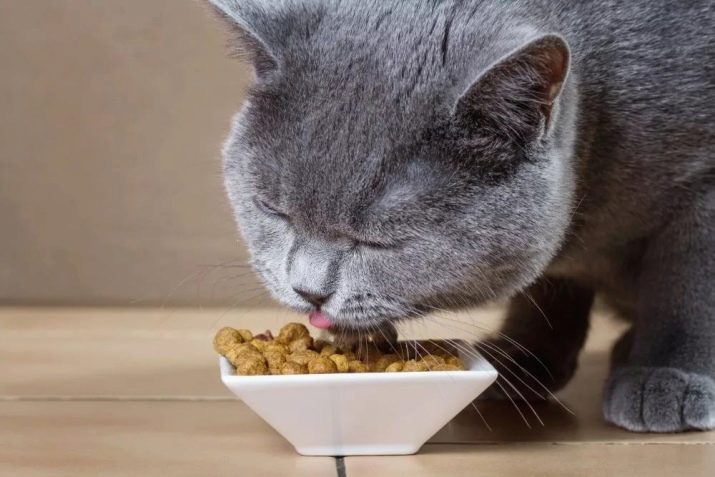
Natural food
The list of foods that must be present in the diet of castrated cats and spayed British breed cats:
- boiled beef or poultry;
- vitamin complex;
- fresh vegetables;
- offal;
- cottage cheese;
- porridge like oatmeal.

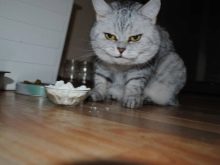
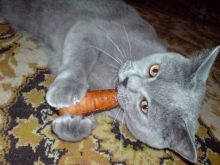
Prohibited foods
What can not be fed to the British who underwent surgery:
- fish and fish products rich in phosphorus are categorically contraindicated;
- also under the strictest prohibition, other types of meat, especially pork and lamb;
- various sweets and smoked meats are harmful even to ordinary individuals, not to mention those deprived of some, albeit insignificant, part of the body;
- cheap and low-quality products are also out of the question - they are contraindicated for absolutely everyone.



To keep your pet healthy, you should take care of its complete and high-quality nutrition. Pets are also family members, which means that you need to take good care of them as well.
The opinion of the British owners about castration is waiting for you in the video below.




